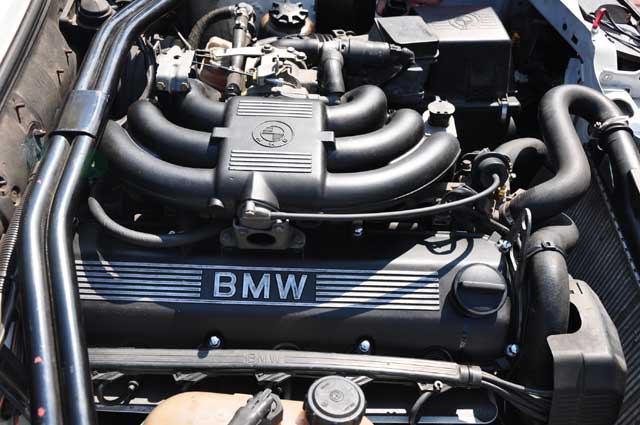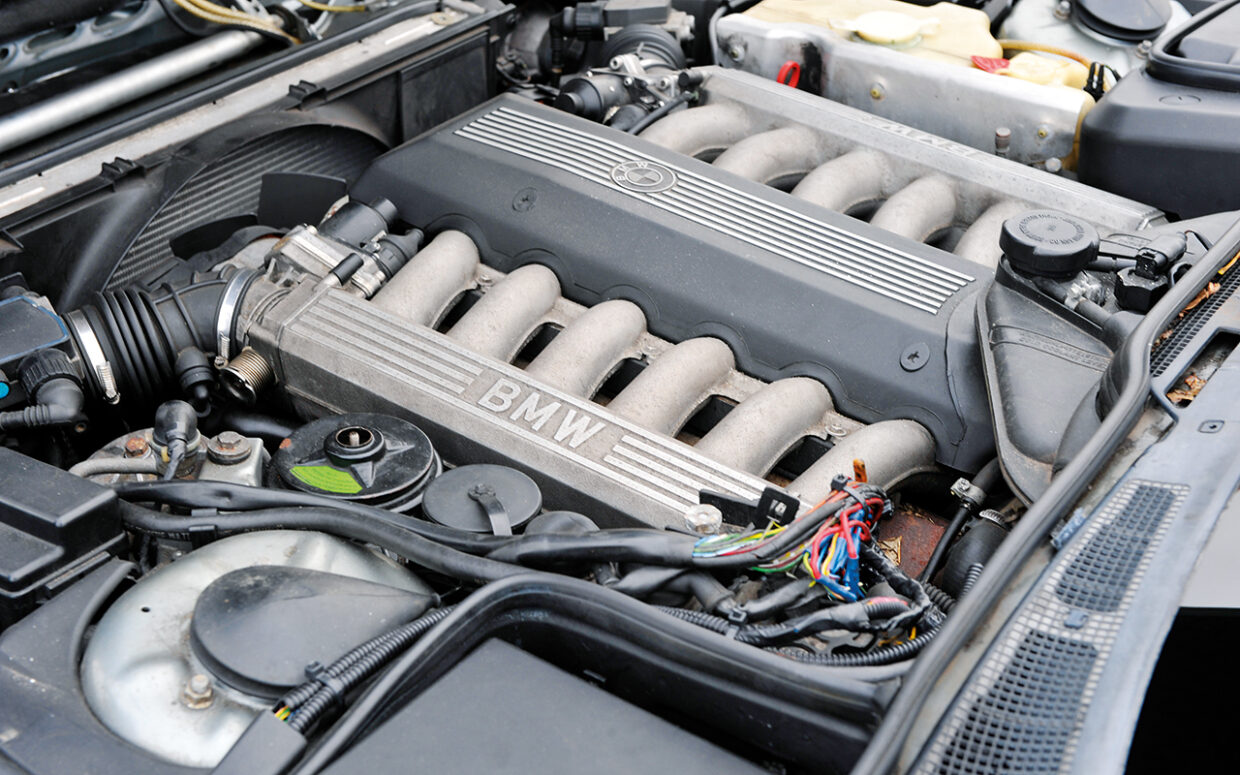Checking Out the Performance Enhancements of the most recent BMW Engine Designs
Checking Out the Performance Enhancements of the most recent BMW Engine Designs
Blog Article
Introducing the Intricacies of Next-Generation Power Units: a Deep Study Advanced Engine Innovations and designs
As we stand on the precipice of a brand-new era in transport, the complexities of next-generation engine designs bid us to explore the cutting-edge modern technologies and advancements that promise to redefine the driving experience. Diving deeper right into the worlds of emission control, smart engine monitoring systems, and the perspective of power device growth, we locate ourselves on the cusp of an improvement that guarantees to reshape the landscape of movement as we understand it.
Evolution of Engine Materials

The shift in the direction of advanced engine materials has actually also made it possible for engineers to make engines with higher power results while preserving gas efficiency standards. For instance, the usage of lightweight materials minimizes the total weight of the engine, leading to improved fuel economic situation and reduced exhausts. Additionally, developments in materials technology have enabled better thermal management within engines, resulting in increased reliability and longevity.
Turbocharging and Supercharging Technologies
Exactly How do Turbocharging and Supercharging Technologies reinvent engine performance and efficiency in contemporary vehicles? Supercharging and turbocharging are technologies that dramatically boost engine performance by increasing the quantity of air intake right into the combustion chamber. Turbocharging achieves this by using a turbine driven by exhaust gases to pressurize the consumption air, while supercharging makes use of a belt- or chain-driven compressor to accomplish the very same impact.
These technologies allow smaller, a lot more fuel-efficient engines to create power equal to larger ones, recognized as downsizing. By requiring more air right into the cyndrical tubes, turbocharging and turbo charging boost combustion effectiveness, resulting in boosted horsepower and torque outcome without a significant rise in engine size. This brings about better velocity, towing capability, and total driving performance.
Additionally, turbocharging and supercharging contribute to enhanced gas effectiveness by permitting the use of smaller engines that take in less fuel under regular driving conditions - bmw engine. This mix of enhanced efficiency and performance has made turbocharging and turbo charging integral elements of many contemporary engine layouts
Discharge Control and Environmental Influence
With enhancing worldwide problems relating to air quality and ecological sustainability, the implementation of exhaust control technologies in lorries plays a vital role in minimizing harmful pollutants released into the environment. Modern automobiles are outfitted with sophisticated emission control systems that assist lessen the ecological influence of auto operations. Catalytic converters, for example, are designed to transform toxic gases such as carbon monoxide gas, nitrogen oxides, and hydrocarbons into less dangerous materials like co2 and water vapor.
Furthermore, advancements in engine technology, such as the integration of exhaust gas recirculation systems and selective catalytic decrease, have actually substantially added to reducing emissions. These technologies function in tandem to maximize combustion efficiency and minimize the launch of dangerous contaminants into the air. Furthermore, the development of crossbreed and electrical automobiles represents an important step towards lowering the total environmental footprint of the transport market.
Intelligent Engine Monitoring Solution

Furthermore, these systems make it possible for cars to meet rigid emissions standards without endangering performance, giving a more eco friendly driving experience. The assimilation of synthetic knowledge and artificial intelligence abilities in engine monitoring systems remains to press the limits of what is feasible, causing more improvements in performance, dependability, and overall lorry performance. bmw engine. As auto technology advances, intelligent engine administration systems will certainly play a critical duty fit the future of transport towards a much more sustainable and effective instructions
Future Trends in Power Unit Advancement
As smart engine monitoring systems pave the method for improved control and optimization in modern-day vehicles, future trends in power system advancement are positioned to redefine the landscape of auto propulsion technologies. One of the essential patterns driving advancement in power device growth is the change in the direction of electrification. With an increasing focus on sustainability and decreasing carbon discharges, hybrid and electric powertrains are ending up being a lot more common in the auto sector. These different source of power supply boosted try this site performance and performance while aligning with stringent environmental regulations.
Another significant trend is the combination of advanced materials and manufacturing techniques. Lightweight products such as carbon fiber and light weight aluminum are being used to reduce total automobile weight, improving fuel performance and performance. Additionally, advancements in 3D printing and additive production are allowing the manufacturing discover this info here of complicated engine parts with greater precision and resilience.
Furthermore, expert system and device discovering are playing a crucial role in optimizing power unit efficiency. These innovations enable for real-time monitoring and flexible control, leading to extra trustworthy and efficient power distribution. In general, future fads in power unit advancement are tailored towards sustainability, performance, and performance, driving the automobile market in the direction of a new age of propulsion modern technologies.

Verdict
In final thought, the improvements in engine products, turbocharging, emission control, and intelligent monitoring systems have actually led the way for next-generation power devices. The complex layouts and innovations in modern engines showcase the continuous development of vehicle modern technology.
Discovering the progressive advancements in engine materials has been essential in improving the efficiency and performance of modern-day engines. Over the years, the advancement of engine products has actually played a vital function in pressing the borders of what engines can attain.The change towards advanced engine materials has also enabled engineers to design engines with greater power outcomes while preserving fuel efficiency standards.The implementation of smart engine monitoring systems in contemporary automobiles has transformed the way engines are controlled and maximized for efficiency and effectiveness. By gathering data in real-time and analyzing it with innovative formulas, intelligent engine management systems can adjust to driving designs, environmental factors, and engine wellness to take full advantage of power outcome while minimizing gas intake and click reference discharges.
Report this page